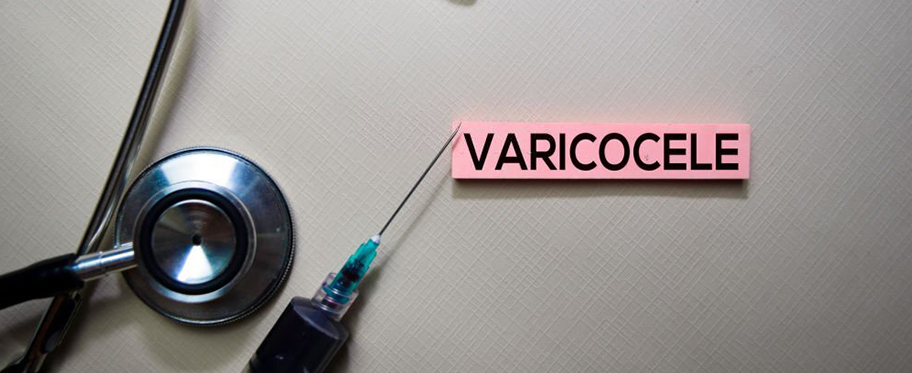
Varicocele Treatment
Varicoceles (pronounced “VAIR-ick-oh-seals”) are a common disorder of the veins inside your scrotum, the protective sac that protects and holds your testicles (balls). If you have a varicocele, it means veins inside your scrotum are enlarged (wider than they should be).
Varicoceles are similar to varicose veins, a common condition that causes veins in your leg to swell and lose their shape.
Varicoceles are usually painless but can sometimes cause aching testicles or pain that may come and go. In some people, a varicocele can affect fertility. If a varicocele doesn’t bother you, you may not need treatment.
How common are varicoceles?
Varicoceles affect 15% to 20% of all men and people assigned male at birth (AMAB) in the U.S. — about 1 in 5. In most people who have a varicocele, it occurs on the left side. Less commonly, it can sometimes affect the right-sided scrotum or both sides.
Who gets varicoceles?
Varicoceles can happen to anyone with testicles, at any age. Healthcare providers believe many cases are congenital (present at birth). Often, people notice a varicocele during their teenage years. Medical experts suspect this timing has to do with puberty, when blood flow to the genitals increases. Sometimes, the varicocele can prevent your testicle from growing properly.
What are the symptoms of varicoceles?
A varicocele often causes no symptoms. You may notice:
- Dull testicular pain or scrotal aching, which often gets better when you lie down.
- Symptoms that get worse after certain activities, such as bike riding or being on your feet for hours.
- Swollen testicle or scrotum.
- Size changes or differences in your testicles.
- Male infertility (inability to conceive after one year of trying).
- Small lump above the affected testicle.
What does a varicocele feel like?
Varicoceles may cause mild discomfort, aches or pain, usually in your left testicle. Larger, swollen veins in your scrotal sac often feel or look like a bag of worms (or spaghetti). A small varicocele may be too small to see or feel.
How is a varicocele diagnosed?
A healthcare provider may diagnose a varicocele after examining your symptoms during a physical exam. To confirm a diagnosis, you might have an ultrasound test, which can provide more detail of your testicular veins.
Your provider may recommend semen tests or blood tests if you’re concerned that a varicocele may affect your fertility. Some insurance providers cover semen tests, but others might not.
If you are experiencing problems with fertility, contact the specialists at Chawla Fertility clinic. We provide options and solutions for a variety of fertility issues. Schedule your consultation appointment with us today.
Schedule An Appointment
Get your Appointment Confirm with us Easily


